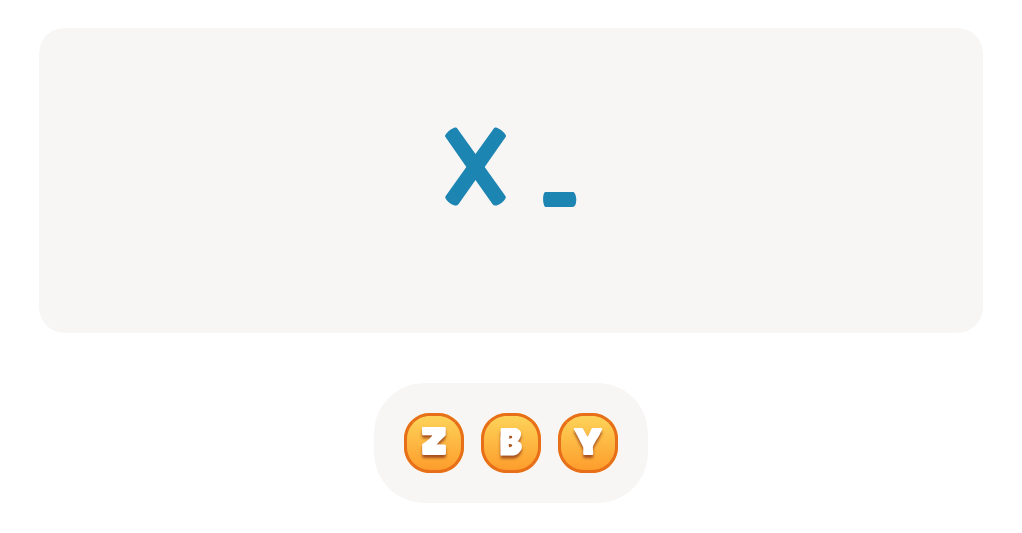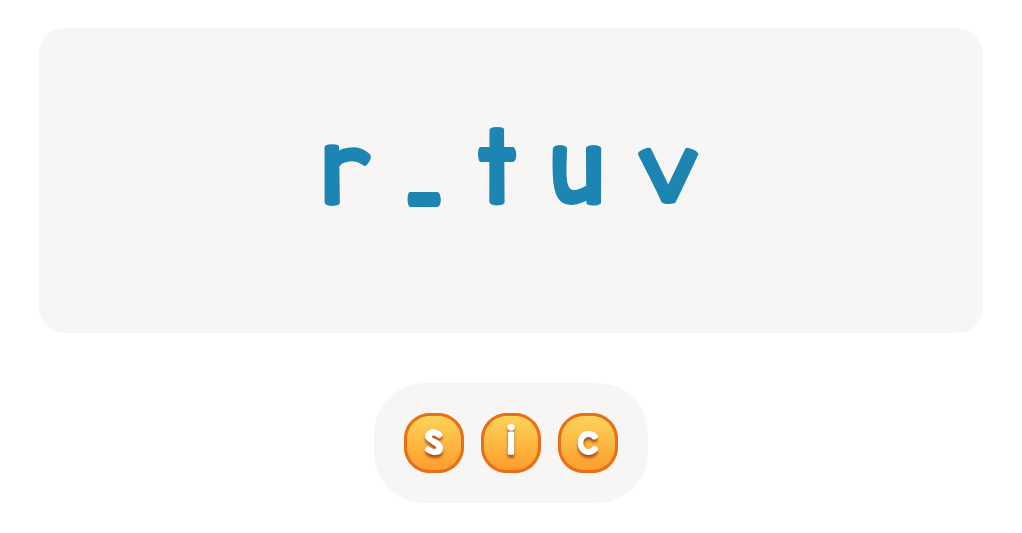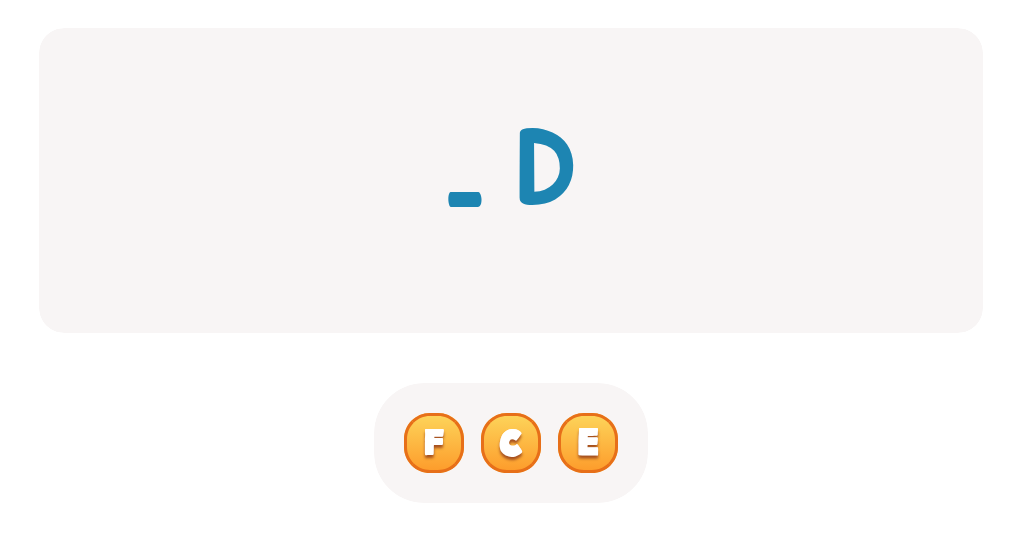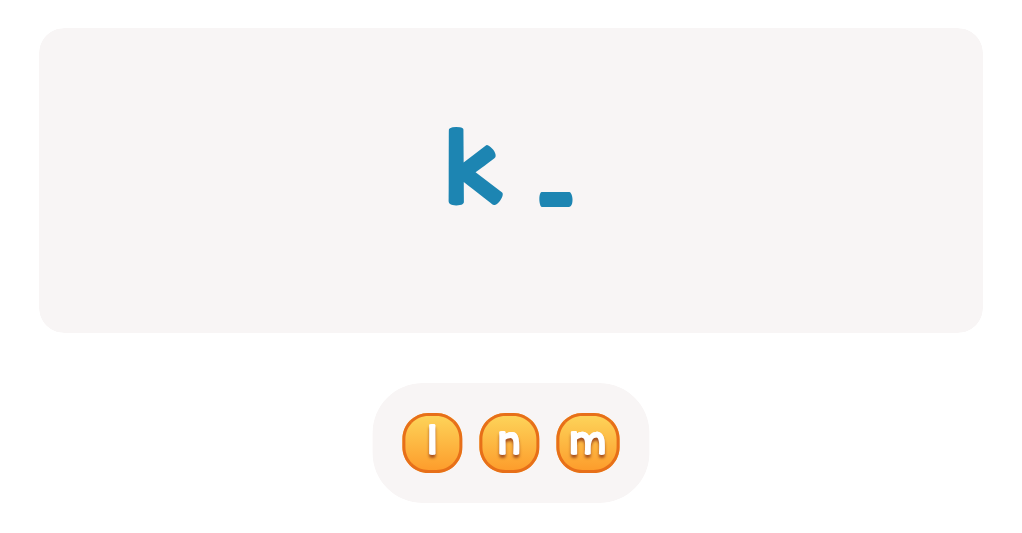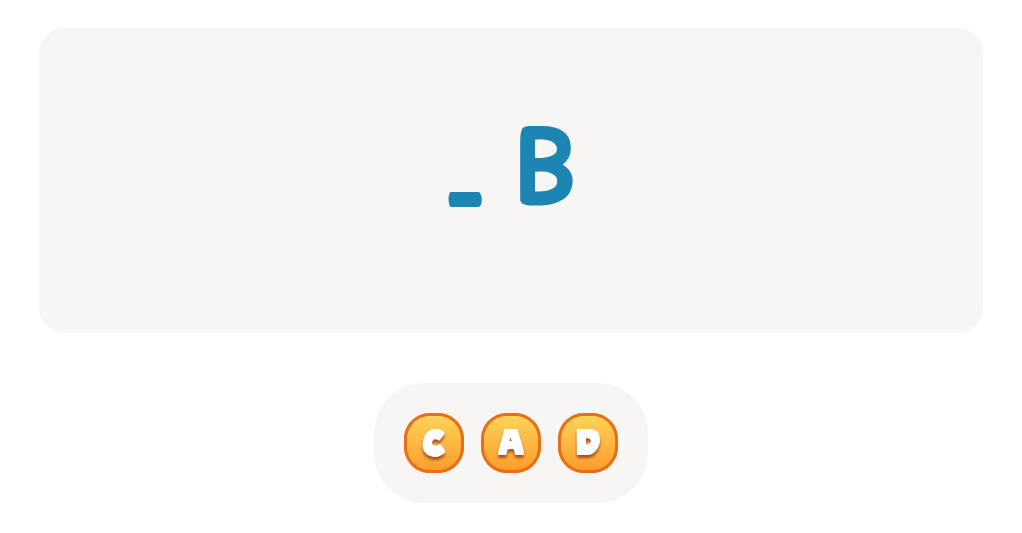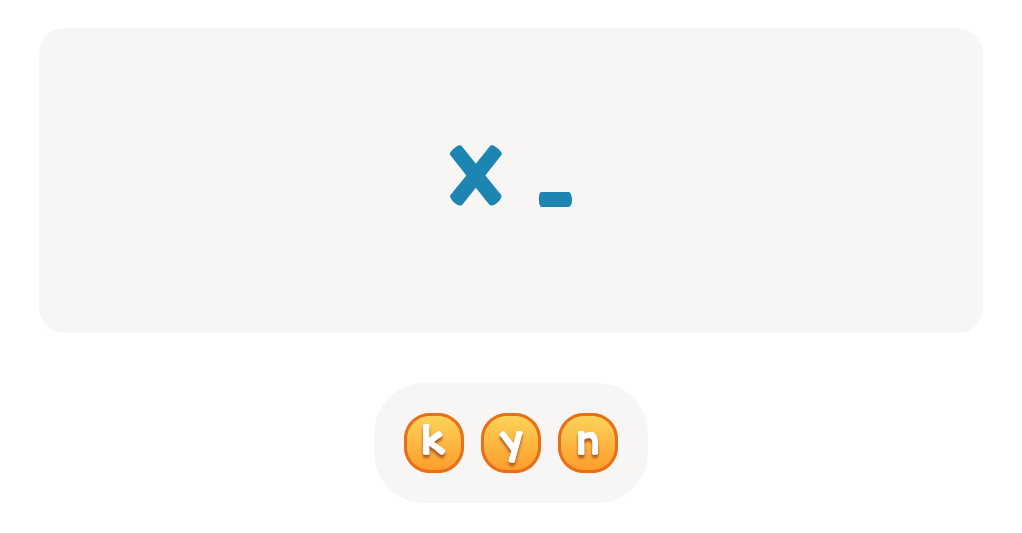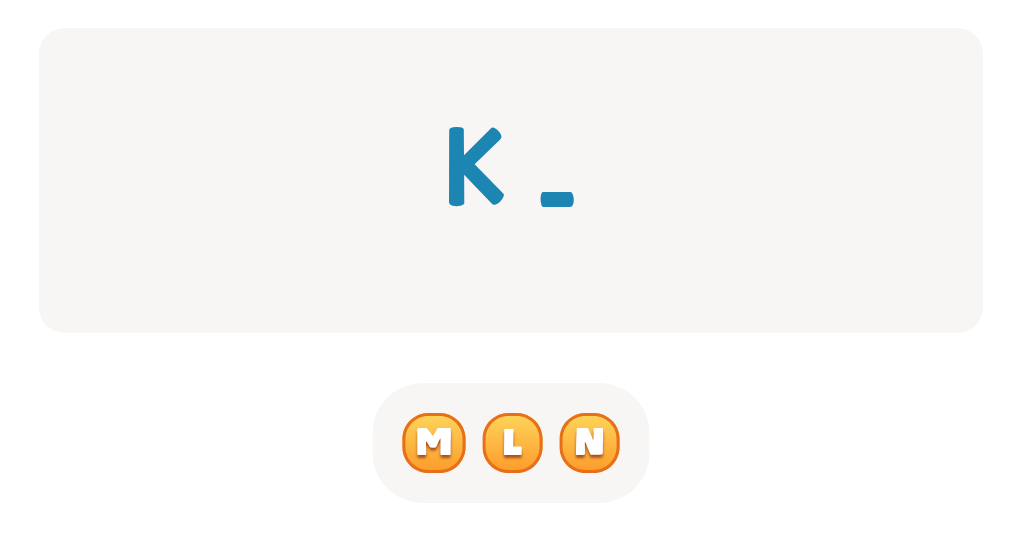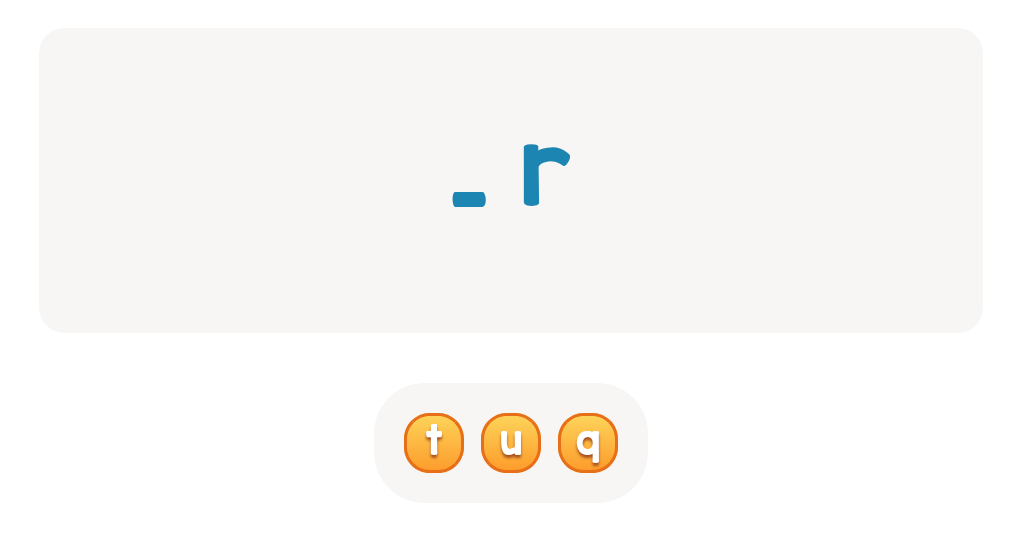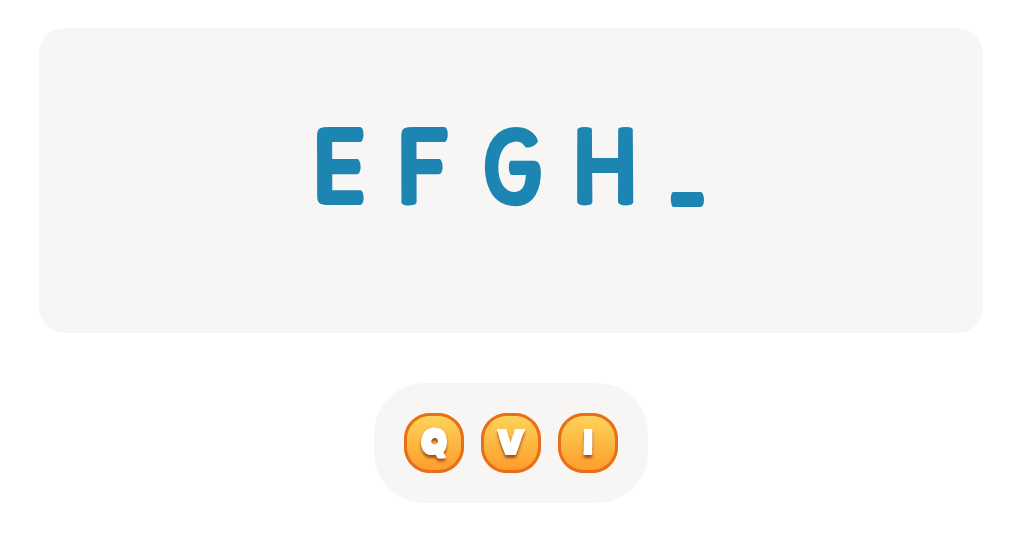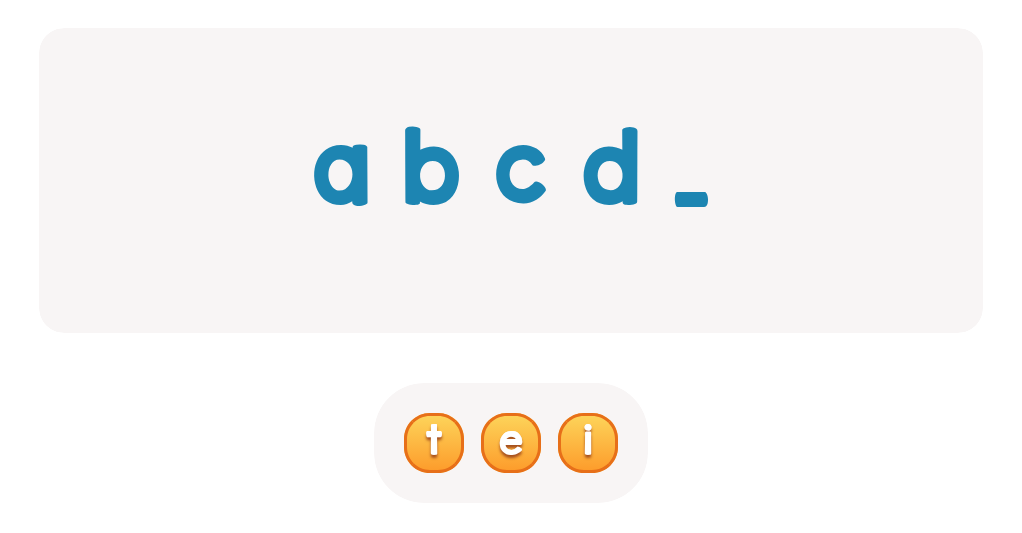Letter Tracing Practice Upper & Lowercase Letters Worksheets for 4-Year-Olds
3 filtered results
-
From - To
Discover our engaging Letter Tracing Practice worksheets tailored specifically for 4-year-olds! These printables focus on both uppercase and lowercase letters, helping young learners master their handwriting skills. Each worksheet is designed to make learning fun, featuring colorful illustrations and interactive tracing activities that capture your child's attention. As they follow the lines, children enhance their fine motor skills and develop a strong foundation for reading and writing. Perfect for home or classroom use, our worksheets encourage repeated practice while fostering creativity and confidence. Start your child's alphabet adventure today with our expertly crafted letter tracing worksheets!
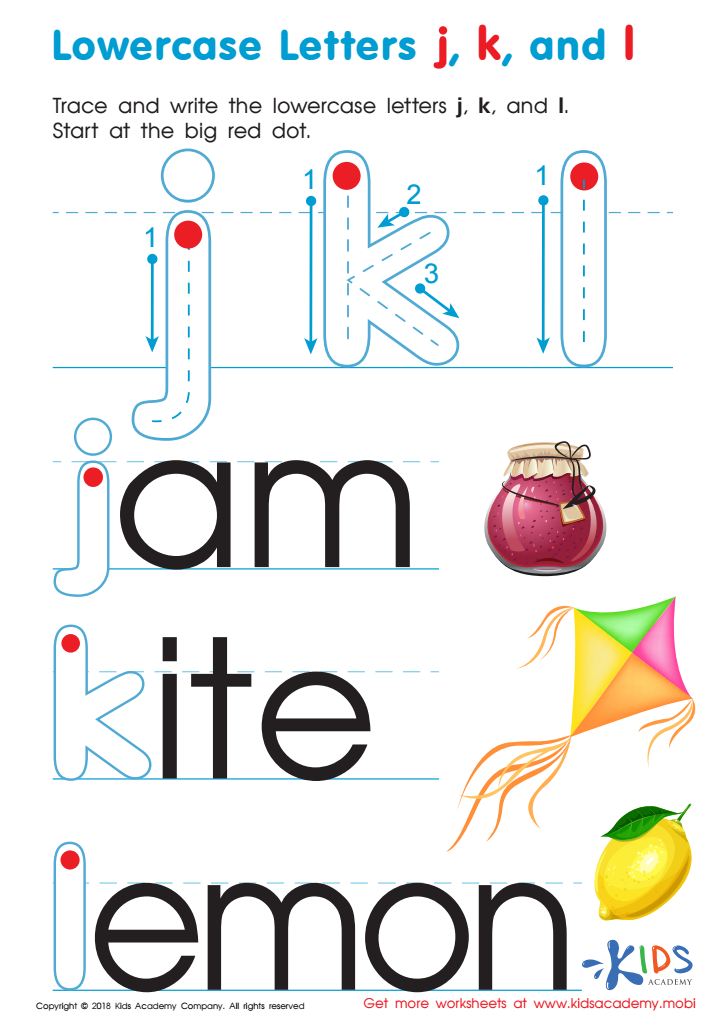

Lowercase Letters j k l Worksheet
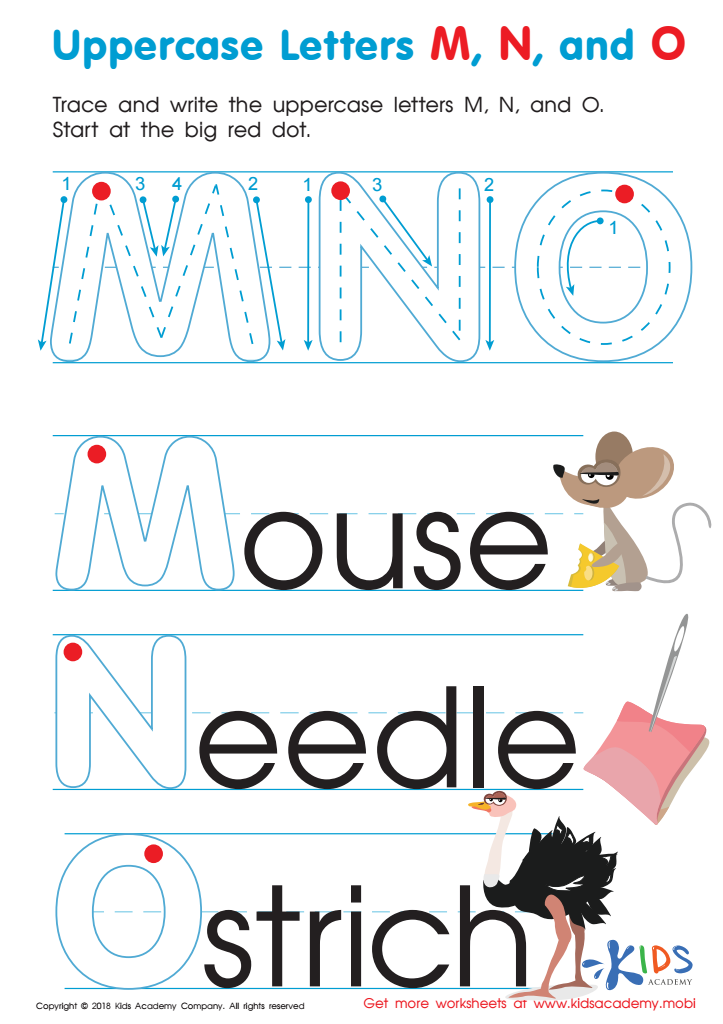

Uppercase Letters M, N, and O Worksheet
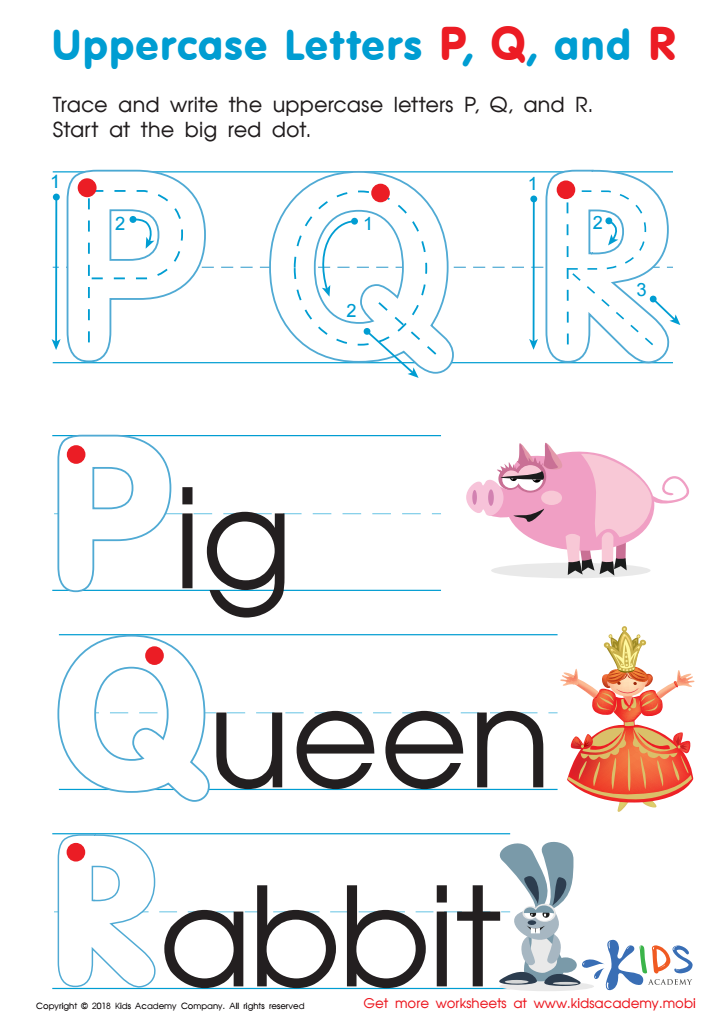

Uppercase Letters P, Q, and R Worksheet
Letter tracing practice for uppercase and lowercase letters is a fundamental skill for 4-year-olds that lays the groundwork for literacy and writing development. Parents and teachers should care about this practice because it enhances fine motor skills, which are crucial for writing. As children trace letters, they develop hand-eye coordination and strengthen the small muscles in their hands and fingers, preparing them for more complex writing tasks.
Additionally, letter tracing reinforces letter recognition and phonemic awareness. By repeatedly tracing letters, children become familiar with their shapes and sounds, which is essential for reading. This practice also supports cognitive development as children learn to differentiate between uppercase and lowercase letters, understanding their specific uses in words and sentences.
Moreover, tracing provides children with a structured yet creative outlet for expression, encouraging them to take pride in their writing progress. Establishing a solid foundation in letter formation helps to foster a positive attitude toward writing, making it likely that children will engage more enthusiastically with reading and language activities as they grow. Overall, letter tracing is an engaging and effective way for parents and teachers to help young learners build essential literacy skills essential for lifelong learning.
 Assign to My Students
Assign to My Students
